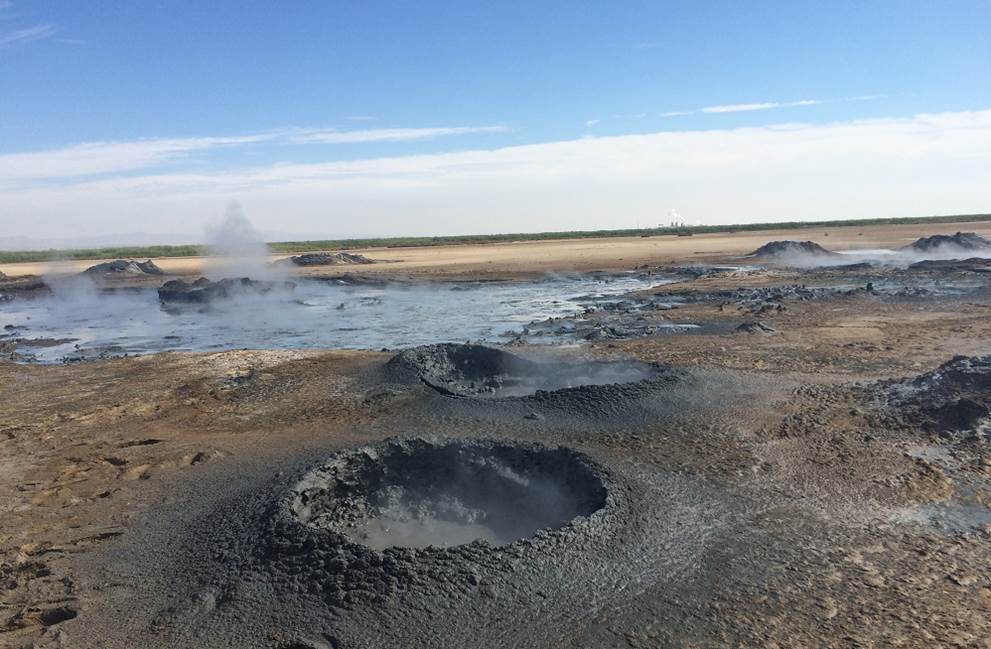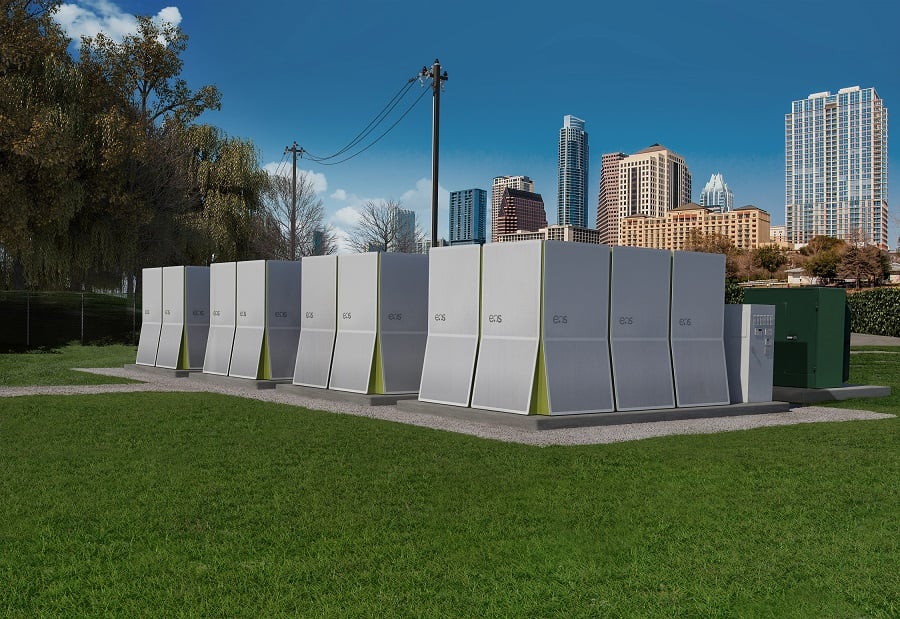
29 June 2020: California Energy Commission supports CTR’s ‘sustainable lithium from geothermal’ project
The California Energy Commission (CEC) has offered financial support to a geothermal energy project which could also allow for lithium to be sustainably sourced from geothermal brine.
Enjoy 12 months of exclusive analysis
- Regular insight and analysis of the industry’s biggest developments
- In-depth interviews with the industry’s leading figures
- Annual digital subscription to the PV Tech Power journal
- Discounts on Solar Media’s portfolio of events, in-person and virtual
Energy-Storage.news reported back in March that 40MW of geothermal fields at the Hell’s Kitchen Project could be producing lithium for use in batteries by 2023, potentially producing around 35,000 tonnes of lithium carbonate equivalent by 2025. Bill Gates’s Breakthrough Energy Ventures group has already invested US$20 million in the pilot project.
Controlled Thermal Resources, the project’s developer, said last week that the CEC, which had already expressed an interest earlier on describing the potential for California to create a “Lithium Valley”, has now awarded the project with two grants adding up to US$4.46 million: US$1.46 million for the geothermal lithium extraction pilot project, as well as US$3 million towards investigating novel technology solutions to lower the cost of brine management at geothermal plants.
CTR points out that in addition to over 40 geothermal plants already operating in the state, generating 2,700+MW of power, California is looking to procure another 1,700MW of resources by 2030. Meanwhile, according to Energy Commission research, the nearby Salton Sea Geothermal Field in the state’s Imperial Valley could produce more than half a million tonnes of lithium carbonate annually from a resource of more than 15 million tonnes.
26 June 2020: Zinc battery storage player Eos Energy targets public listing
A proposed merger between zinc battery storage manufacturer Eos Energy Storage and a special purpose acquisition company formed by investment bank B Riley Financial will result in Eos becoming publicly listed.
A letter of intent has been executed for the business combination transaction between B Riley Principal Merger Corp and Eos, which makes a zinc-air battery claimed to be suitable for long duration energy storage. Eos’ battery plates and re-plates zinc as it charges and discharges and the company’s ‘Aurora’ zinc cathode battery has continuous discharge capability for 3-6 hours.
Eos said the transaction will enable it to scale up manufacturing capacity to meet claimed customer demand, as well as investing in personnel to expand R&D capability and commercialisation. The company netted a deal to deploy a 4MWh system at a petroleum refinery in Greece earlier this year and announced a manufacturing joint venture with nuclear company Holtec last year.
Zinc is considered abundant and inexpensive enough to offer potential to compete in a grid-scale energy storage market dominated by lithium, with vanadium also in the running. Ron MacDonald, CEO of Zinc8 Energy Solutions, another zinc battery company, blogged today for this site about the potential of zinc in the low-carbon energy transition. Eos said earlier this month that it will be partnering with the California Energy Commission on an evaluation project for its batteries, at utility San Diego Gas & Electric’s Pala Energy Storage Yard.

26 June 2020: Azelio signs MoU for thermal storage deployment with Mexico partner
Thermal energy storage technology developed by Azelio, a Sweden-headquartered startup using recycled aluminium to store energy as heat, could be deployed by Mexico-based industrial equipment supplier and turnkey project developer CITRUS.
The pair signed a memorandum of understanding (MoU) this month for CITRUS to assess Azelio’s long duration storage, which will be paired with solar PV and offered to CITRUS’ clients in the commercial and industrial (C&I) sector.
Promising “renewable energy around the clock”, Azelio said the projects will start small and scale up over time, intended to be around 150kW in 2021, 3MW in 2022, 6MW in 2023 and 11MW by the following year. The deal potentially covers the systems’ use in sectors including food and beverages, agriculture, mining, oil and gas and tourism in Mexico as well as in North and Central America.
The partnership with Azelio is a compelling fit that accelerates our strategy to expand the CITRUS portfolio towards energy storage, within our higher growth segments and markets,” CITRUS CEO Katia Bernal said.
“Together with Azelio we are committed to applying their disruptive technology to give our customers an exceptional renewable energy experience together with sustainable growth”.
Azelio announced a similar deal with US-based Trimark Associates a couple of days after the CITRUS MoU, for around 45MW of storage, on a similar scale-up trajectory. Trimark will be system integrator for the technology, in a partnership marketing to customers in North America. The startup commissioned its first grid-scale system at Noor in Morocco in March and followed that up with an MoU to potentially supply systems in Jordan.






